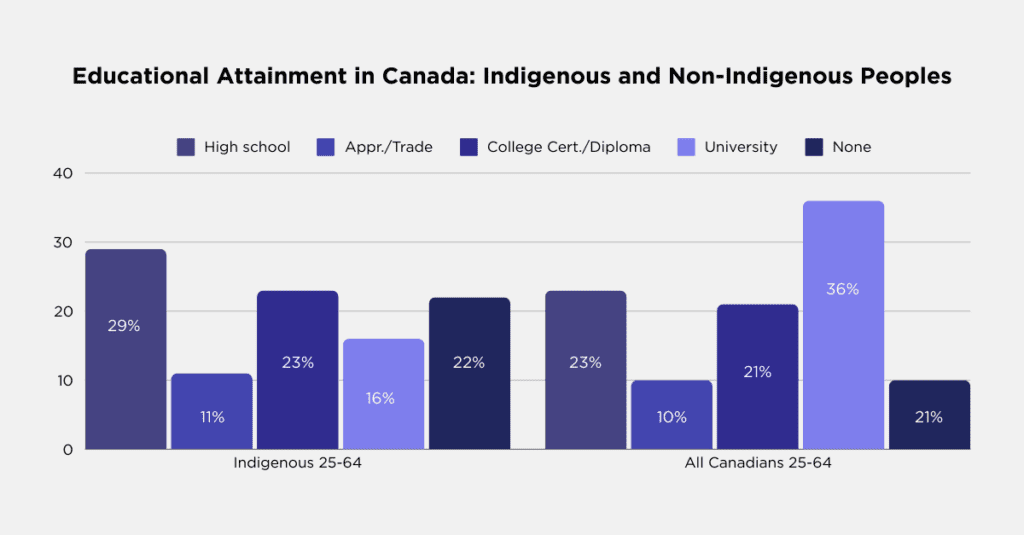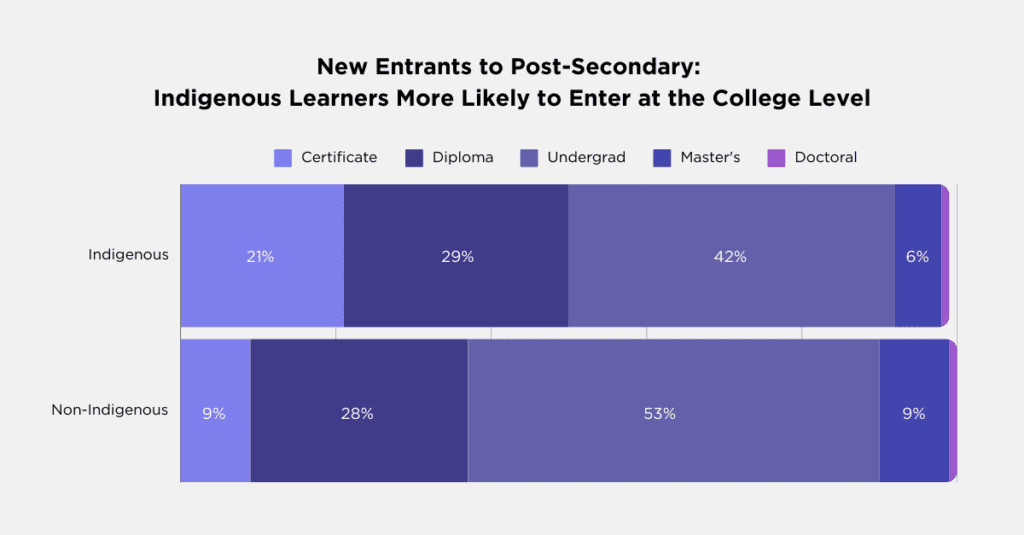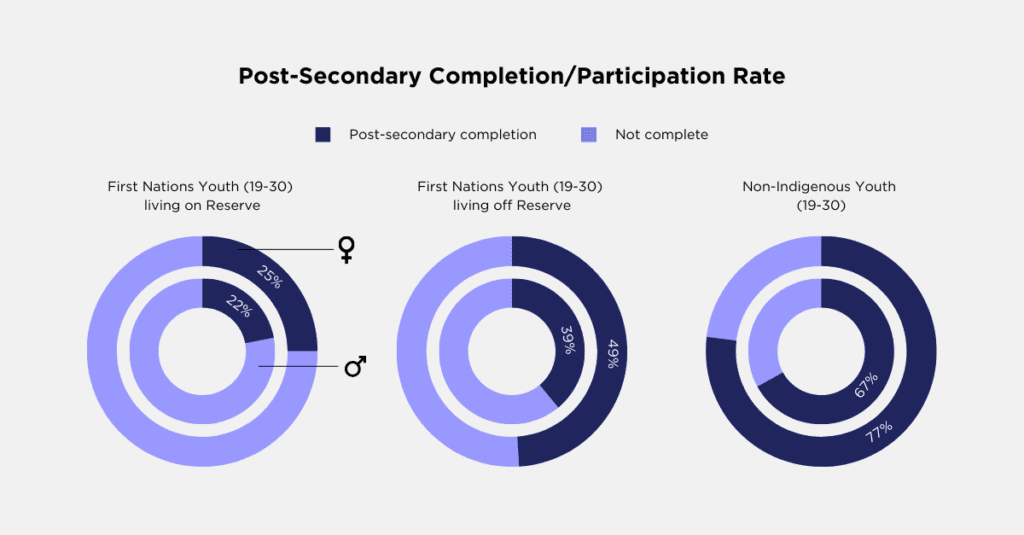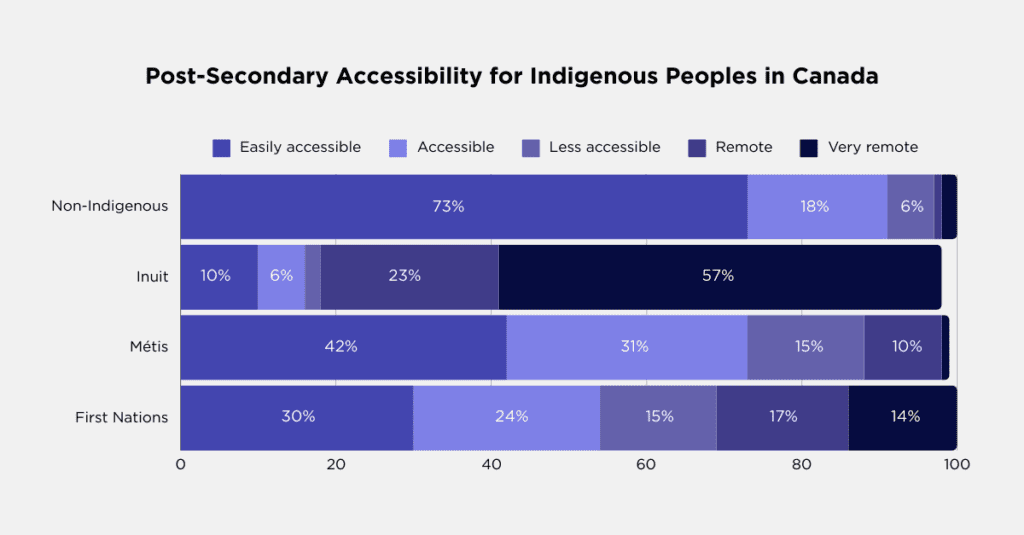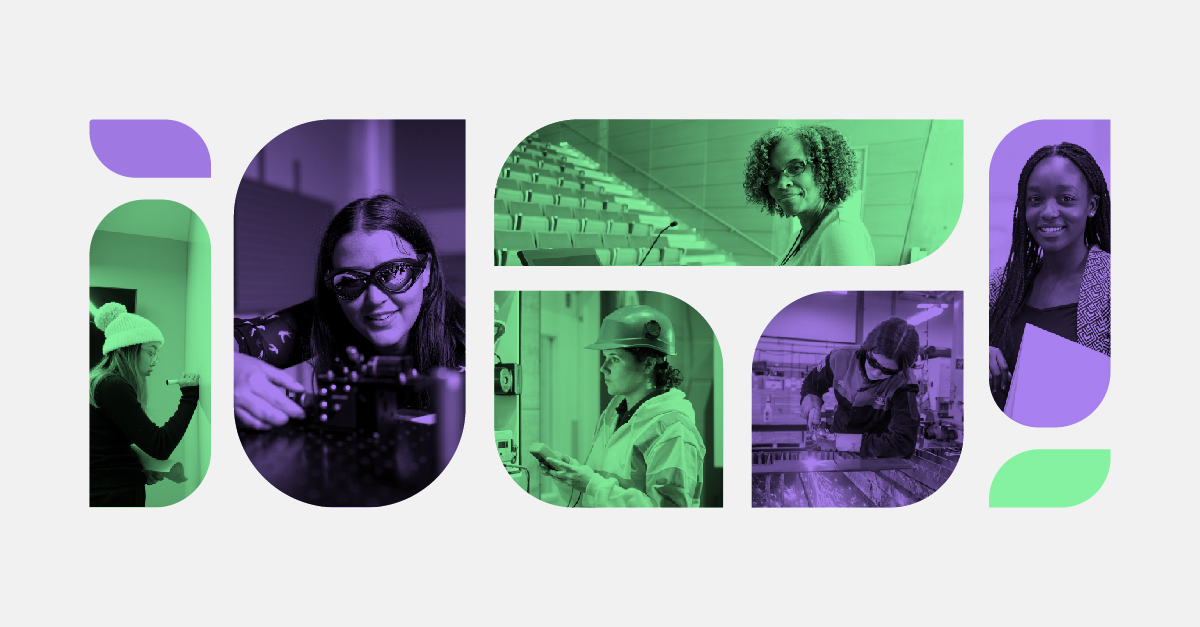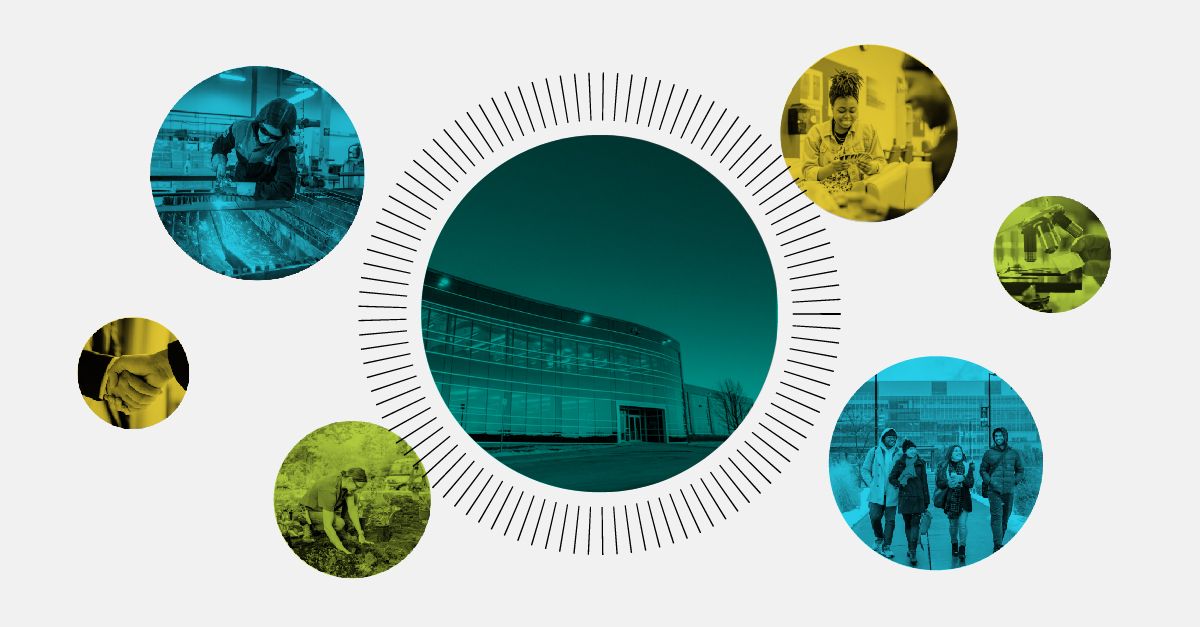What’s On My Mind? With Pari Johnston.
Canadians can expect a lot of change in the next 18 months. In view of a coming federal election, it’s clear that colleges and institutes can and must focus on the things Canada needs most.
My priority is on greater integration in our work to maximize impact.
Our message – in plain language – is that colleges and institutes are the partners on the ground that will come up with solutions to build more homes, integrate more newcomers, help local companies transition to the green economy, and train the health and childcare workers our country desperately needs.
On national issues like this and many others, it’s imperative that we demonstrate our public and political value proposition, scale our impact, and connect institutional efforts to deliver.
Impact Goals as the focal point of our strategic direction.
CICan is at an important inflection point. We have a new leadership team and organizational structure. And, with your input, we have refreshed and extended our Strategic Plan to 2026.
In everything we do, we remain laser-focused on the interests of our members in these disruptive times.
CICan’s Roadmap to 2026 – approved by our Board of Directors this spring – will guide our next 18 months. It will focus CICan’s agenda in a way that helps us set priorities and activities for impact and ensures we are positioned to navigate the changing, uncertain and complex landscape.
The roadmap also introduces Impact Goals that will serve as targeted responses to the pressing issues faced by Canada and by our members, directing our resources towards priority areas where we want to drive tangible change.
We’ll share more on the Roadmap and our Impact Goals in the coming weeks and months.
I am confident it will position our sector strategically, leading to a more focused, fit-for-purpose CICan better able to serve our members, and to greater impact the communities we serve.
Together, working in shared purpose around shared challenges, we are going to achieve big things for Canada, and the world.
CICan is strongest when it’s informed by strong leaders. Your input ensures we move forward with confidence. Your priorities are guiding our advocacy, your needs are guiding our services, and your impact is guiding our message.
We will deliver for Canadians by charting a course that is intentional, integrated, and impactful.



